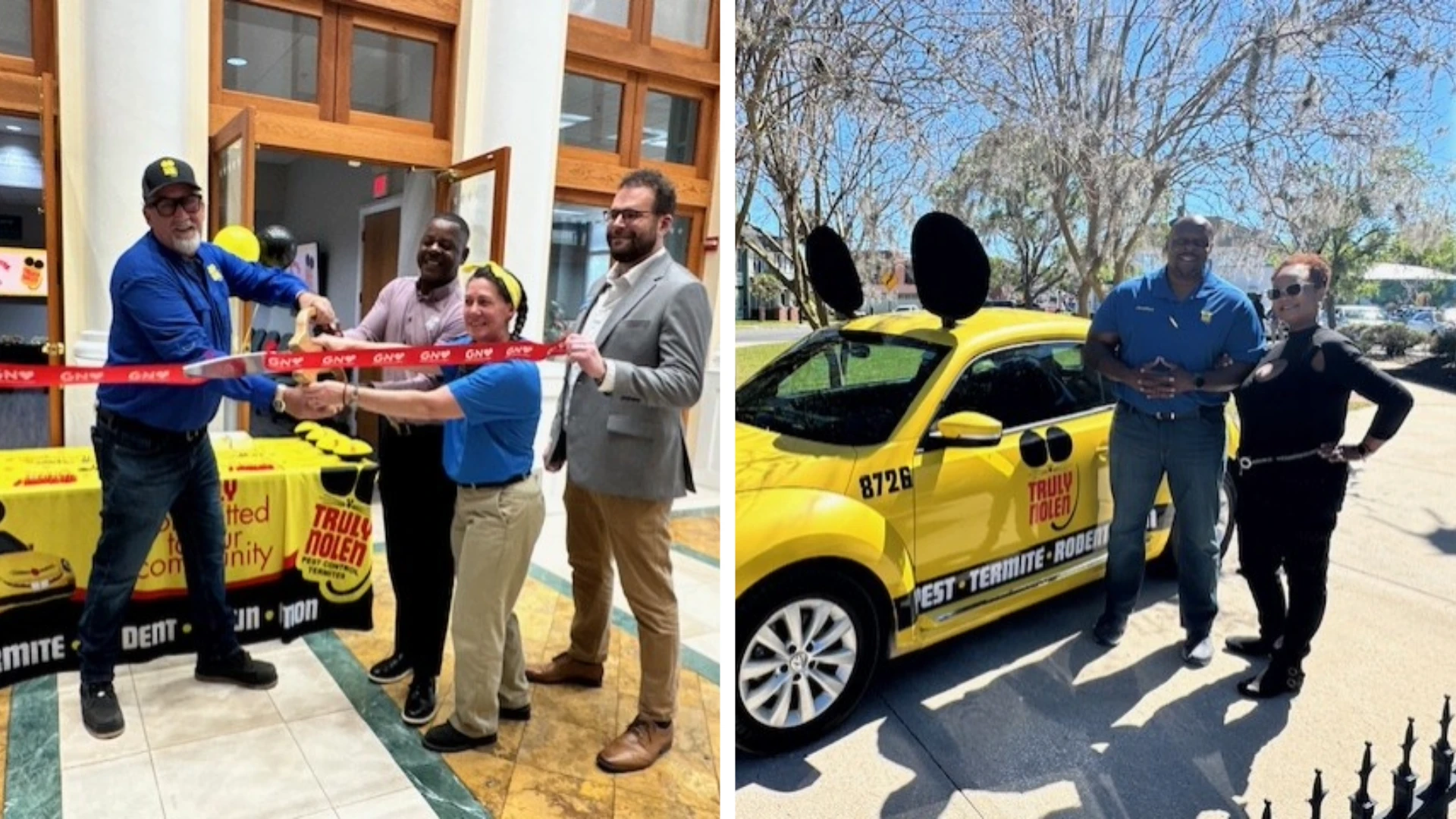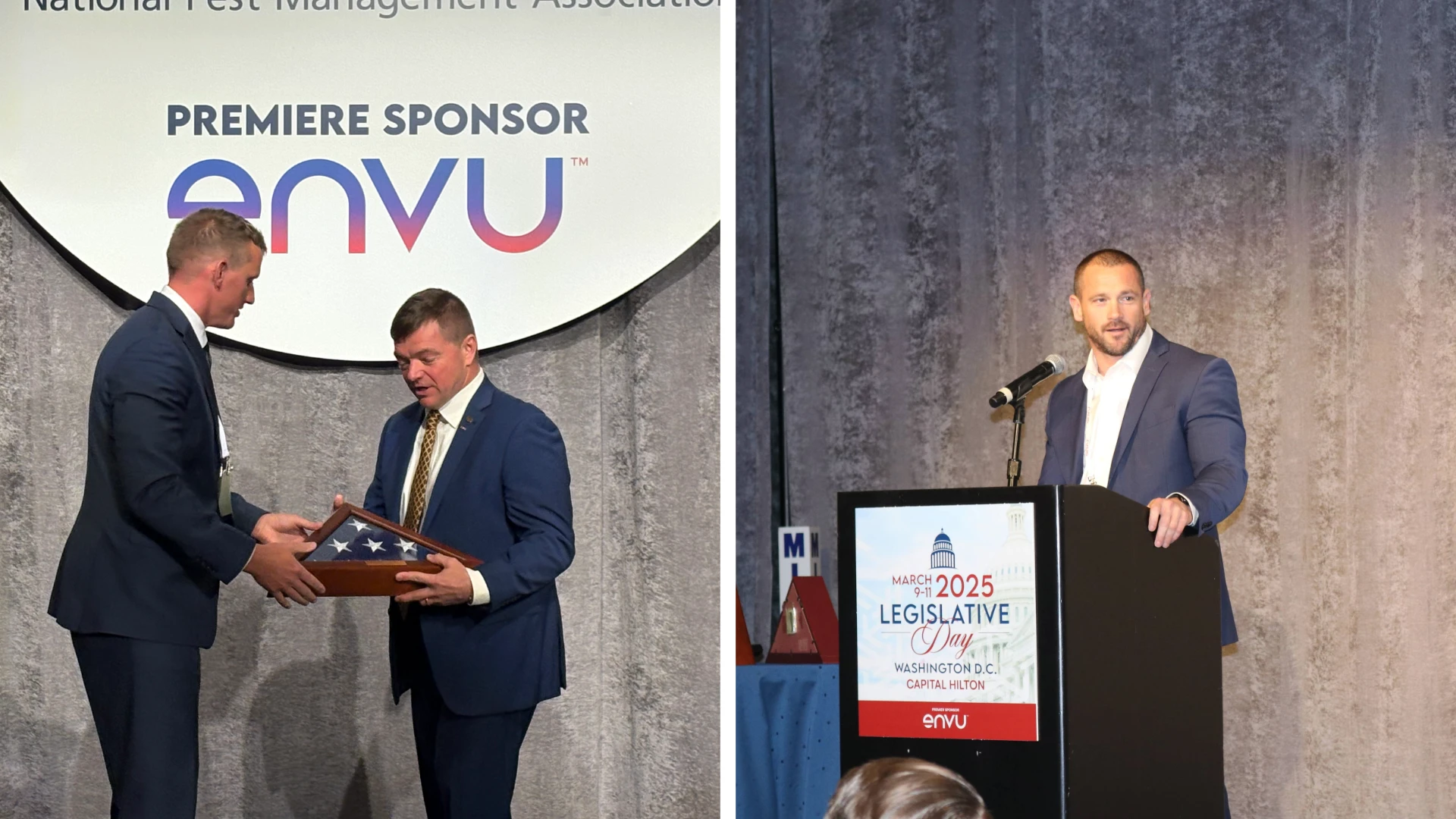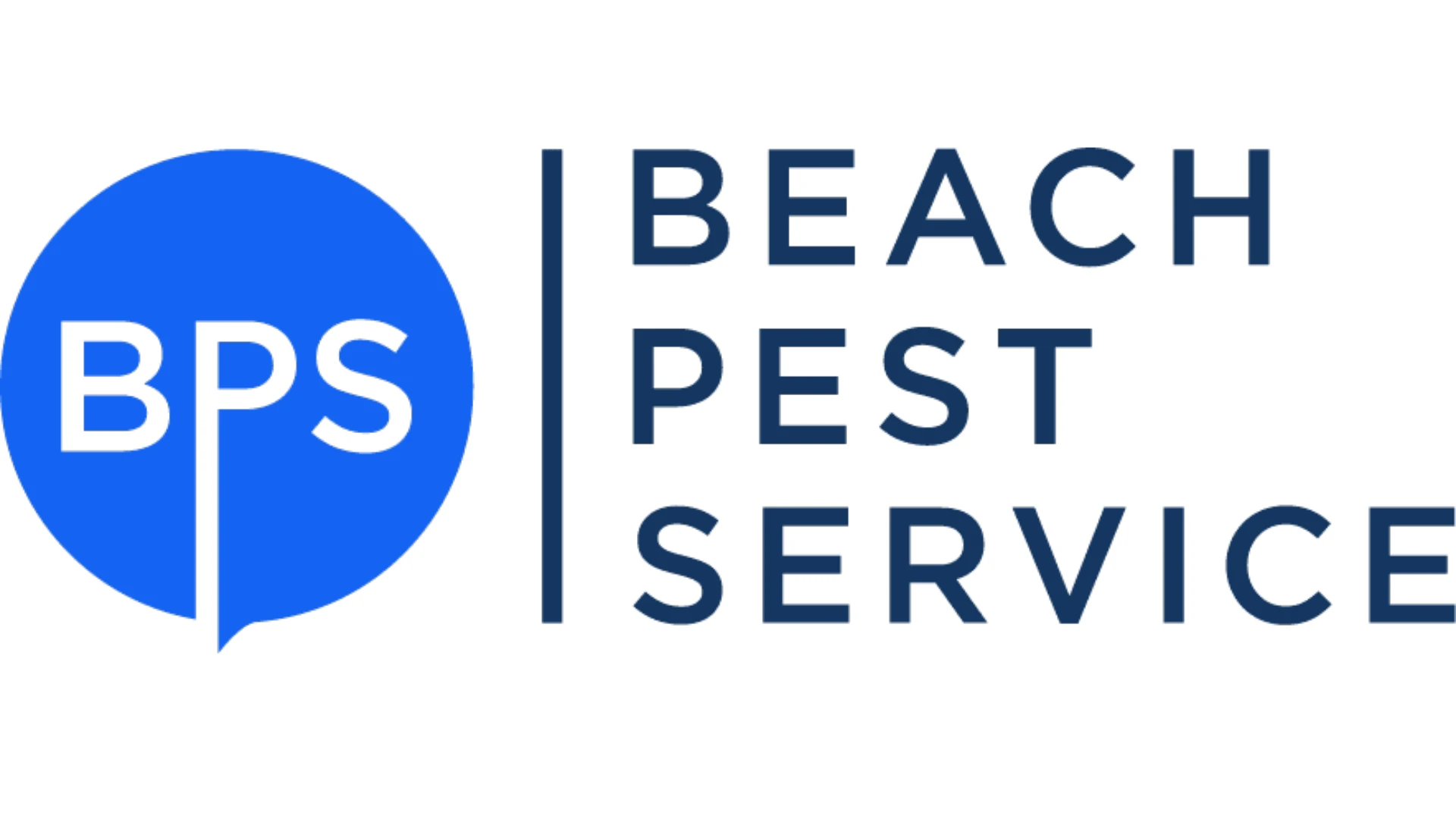Office workers, doing their jobs in close proximity and by ongoing interaction, traditionally have stronger bonds and an easier familiarity with one another. The job of the technician, on the other hand, has him plodding through his daily route as a physically detached "loner." This emphasizes the acute need for the kind of socialization that company functions and special worker recognition can offer.
Are you one for openly expressing appreciation to your workers when it is deserved? Do your policies call for rewarding good performance by means other than tangible monetary ones? Do you subscribe to the notion that an occasional off-the-premises company social function can enhance company morale?
If you have positive answers to these questions, you are among employers from the majority of pest control companies who recognize that such actions can contribute immensely to an outfit's esprit de corps the fancy French term for that common spirit existing among the members of a group that inspires enthusiasm, devotion and a strong regard for the honor of the group.
Of course, as every good boss knows, the time to acknowledge good work performance is immediately. The personal compliment or the written praise (or criticism, for that matter) shouldn't languish, but should be executed one-on-one as soon as possible for maximum impact. But there are also long-range opportunities to offer rewards and extend recognition that mustn't be lost sight of.
In "Beyond Money" (PCT, November 1993), we demonstrated that while money talks, it doesn't say everything when it comes to motivating employees. We also hinted that companies are offering "goodies" beyond pay that capture worker loyalty, a premise worth expanding upon.
Employee appreciation comes in two types of packages intangible recognition such as gestures and words, and tangible rewards such as financial incentives tied to production. Pats on the back and nonmonetary goodies are fine in their place, but they are hollow if a company doesn't share its success and back it up with money.
But it's also important to realize that money alone can deflect an employee's thinking and goals; it can preoccupy people and become more important than anything else. Real appreciation of employees strikes a balance between the two.
THE SOURCE. Any discussion of employee needs, recognition and morale-building inevitably goes back to "A Theory of Motivation," Abraham Maslow's classic article, which first appeared in Psychological Review in 1943. In the article, which has since been noted, quoted and promoted widely in psychological and management circles, Maslow offered five basic human needs, which he termed "hierarchichal needs." He ranked these hierarchical needs thusly:
(1) Physiological food, water, sleep, clothing, shelter, sex.
(2) Safety security from danger, threats and deprivations.
(3) Social belonging, acceptance, love, kinship.
(4) Ego achievement, recognition, autonomy, status.
(5) Self-actualization fulfilling one's potential.
Items three and four are the areas from which the "happy family" emerges. We generally hire people whose physiological and safety needs are taken care of, and within the limitations of the jobs we offer, most of us give our employees an opportunity to fulfill their potential. But what about acceptance, offering opportunities for belonging, ego massaging, and recognizing our employees for a job well done?
In terms of feeling they are a part of the company "team," it has been our observation that the office staff in many pest control companies has an advantage over the technicians. Office workers, doing their jobs in close proximity and by ongoing interaction, traditionally have stronger bonds and an easier familiarity with one another. The job of the technician, on the other hand, has him plodding through his daily route as a physically detached "loner," often remote from the regular day-to-day company functions. This serves to emphasize the acute need for the kind of socialization that company functions and special worker recognition can offer.
CORPORATE EXAMPLES. Robert H. Rosen, author of The Healthy Company, details some of the ways in which large American companies show their appreciation of employees. These methods are deceptively simple, and in most cases they cost the company very little.
• In the Xerox Corporation, there's the "You Deserve An `X' Today" program. Any employee can give any other employee in the company a certificate redeemable for $25 for excellent support, service, work or cooperation.
• The Burroughs Company regularly posts a "Brag Sheet" at the employee entrance of its Canadian factory about individual workers' outstanding efforts.
• American Airlines supervisors hand out coupons to employees for superior effort. Employees then trade the coupons in for gifts or free vacations.
• St. Louis-based Phoenix Textiles gives its employee of the month a reserved parking space at the front door, beside the company president's space.
According to Dr. Ken Matejka, a professor of management at Duquesne University and author of Why This Horse Won't Drink: How to Win and Keep Employee Commitment, "showing appreciation to employees is more complex than money and gestures. It is a kind of corporate body language used to illustrate how much a company cares about its employees."
Matejka goes on to explain that many companies do not know how to show appreciation because they are out of touch with how employees feel. They think their employees only want more money and better benefits, bonuses and job security. "The truth is miles from this," Matejka asserts.
Chicago-based executive recruiters Challenger, Gray & Christmas report that personal recognition is four times more important than salary among people looking for a new job. And a Louis Harris & Associates poll of employees and managers revealed that among the top employee wants are increased recognition of employee contributions and closer, more honest communication between employees and management.
PCO EXAMPLES. What, then, are some of the "goodies," the nontraditional motivators and recognizers pest control firms are utilizing these days to keep their families happy? We thought it might be enlightening to hopscotch the country and concentrate on firms headed by individuals tapped by PCT as Leadership Award recipients.
At the outset we should state that the most common kind of recognition accorded PCOs is in the form of incentive payments based on production and sales. Indeed it is hard to find any firm in the business without such an arrangement.
Starting with Waltham Chemical Company in Waltham, Mass., company president Clarke Keenan recognizes the "Technician of the Month" and the "Office Person of the Quarter," and publishes the Waltham Watchman, a newsletter for employees that announces milestones such as birthdays, anniversaries and accomplishments. Waltham also gives employees a Thanksgiving turkey and special annual awards in the form of gifts for office staff and technician achievers. Additionally, birthday celebrants are treated with cards and cakes.
Bryan Cooksey, who pilots McCall Services Inc. in Jacksonville, Fla., awards service pins for 5, 10, 15 and 20 years of employee service; as the years of work progress, the value of the jewel in each pin increases. Cooksey pointed out he has six employees who have served the company in excess of 20 years. There is also an annual Christmas party for employees and their families at which annual bonuses are bestowed.
According to George Baque Jr., vice president of Arrow Exterminating of Lynbrook, N.Y., notice of employee birth days is regularly posted on the company bulletin board; the company throws a Christmas party that includes spouses; production awards are given in the form of tickets to baseball and hockey games; and the "Employee of the Month" is awarded a special parking spot.
The big event at Okolona Pest Control in Louisville, Ky., is the 10th Anniversary Dinner, at which employees with a decade of service are given a gold ring at a dinner attended by their families, as reported by Debbie Blake, who is a partner with her husband Donnie in running the company.
Phil Gregory, who operates Gregory Th' Service That Cares in Greenville, S.C., fondly describes the annual spring picnic the company holds for employees and their families as a sterling example of "togetherness that motivates employees and their families." He also sponsors an annual company Christmas party and recognizes salespersons and technicians of the month with extra compensation.
"I surveyed my employees and found that at the end of the year the men want a party rather than money," reported George Matthews Jr., who owns Modern Exterminating in Columbia, S.C. Further, Matthews gives any employee who didn't use sick time a bonus of $100 at the firm's annual Christmas party.
Bob Jenkins, president of ABC Pest Control, Marble Falls, Texas, said, "We're a very happy group down here." He attributes this to his commitment to employee recognition. ABC technicians get to keep 1% of their collections as a bonus. Employees of all offices with their families participate in an annual picnic with special entertainment and a hotly contested interoffice volleyball tournament featuring a handsome trophy for the winning office. The troops of ABC are also divided into technician teams of four members each who compete to win prizes awarded for collections, lowest number of callbacks, and highest production based on set goals. Those who achieve their goals get extra paid days.
Shaker Heights, Ohio-based Acme Exterminating is a small, closely-knit, efficient organization whose owner, Bob Caldwell, "shoots the works" at the De cember Christmas party and bestows goodies to his workers in the form of tickets to football and baseball games.
The Western Exterminator Company of Irvine, Calif., is not only one of the state's largest pest control organizations, it rewards and recognizes its deserving employees in a big way. Company President Roy Ashton relates that top performers in all categories are given a dinner with their families once each month. Top company achievers receive a weekend in Las Vegas with their spouses, and employees' birthdays are recognized by paid holidays. Probably the company's most meaningful employee gift is full tuition reimbursements for college courses related to pest control.
Bob Dold, president of Rose Exterminator in Chicago, has a unique way of recognizing his "family" he concentrates on celebrating that family, especially through the kids. According to manager John Anderson, the high point of the Rose year is a family outing completely designed around the children of the employees. It might be held at a Kiddie Park, or a picnic grove where catered food is brought in and served to delighted parents of excited kids. The atmosphere is relaxed and friendly, and according to Anderson, the event is a terrific morale builder.
To hear Senior VP Charles Hromada tell it, the "Terminix Superstars" annual function has all the glitter and pizzazz of a Hollywood extravaganza. This affair, sponsored by the world's largest pest control company, is open to all levels of employees who garner the company's "Superstar Award of Excellence" as outstanding achievers and producers. Each year the gala three-day weekend is held in a different city with 400 to 500 people attending in a celebration of accomplishment that would be the envy of any industry.
EVERYONE WINS. Without exception, all the companies included in our roundup were emphatic in expressing the view that their non-monetary offerings were not only appreciated, but also amply benefited the company. They reflected instances of company loyalty, good morale and low employee turnover in almost every case.
Recognition doesn't have to be elaborate or expensive. Nor is there a need to slavishly follow one format or method. It could be tickets to a theater or sports event, picnics, service pins, or any of the other events, programs or techniques listed previously the important thing is to recognize and shine the spotlight on the men and women who are out there every day working on your behalf.
There is one caveat attached to reward and recognition: It must be deserved, and it must be handed out with sincerity. Be warned not to use praise, attention or kindness to manipulate, because people know when they deserve attention, and if they get it when they don't feel deserving, the effect is meaningless.
In the long run, a happy "company family" inevitably leads to the kind of healthy company that Robert W. Reed, vice president of the Intel Corporation, described so eloquently: "A healthy company is immediately noticeable. Employees `bounce' into work, they are interested in their jobs, they speak in the first person rather that the third person (`my responsibility' or `our job' rather than `their fault'), and they go home feeling good about themselves and their accomplishments."
Bob Berns is a staff correspondent for PCT magazine.

Explore the April 1995 Issue
Check out more from this issue and find your next story to read.
Latest from Pest Control Technology
- Understanding Rodents and Bird Flu
- Green Pest Solutions Awards Safest Driver New 2025 Ford F150
- UF/IFAS Sheds Light on Tiny Invaders During Termite Awareness Week
- Registration Open for Lawn & Landscape Technology Conference
- Fleetio Launches Automotive Service Excellence Scholarship
- WorkWave Appoints John Phelan as CTO
- PMPs Use Capitol Hill Visits to Push for Preemption
- 20 Trapping Tips





